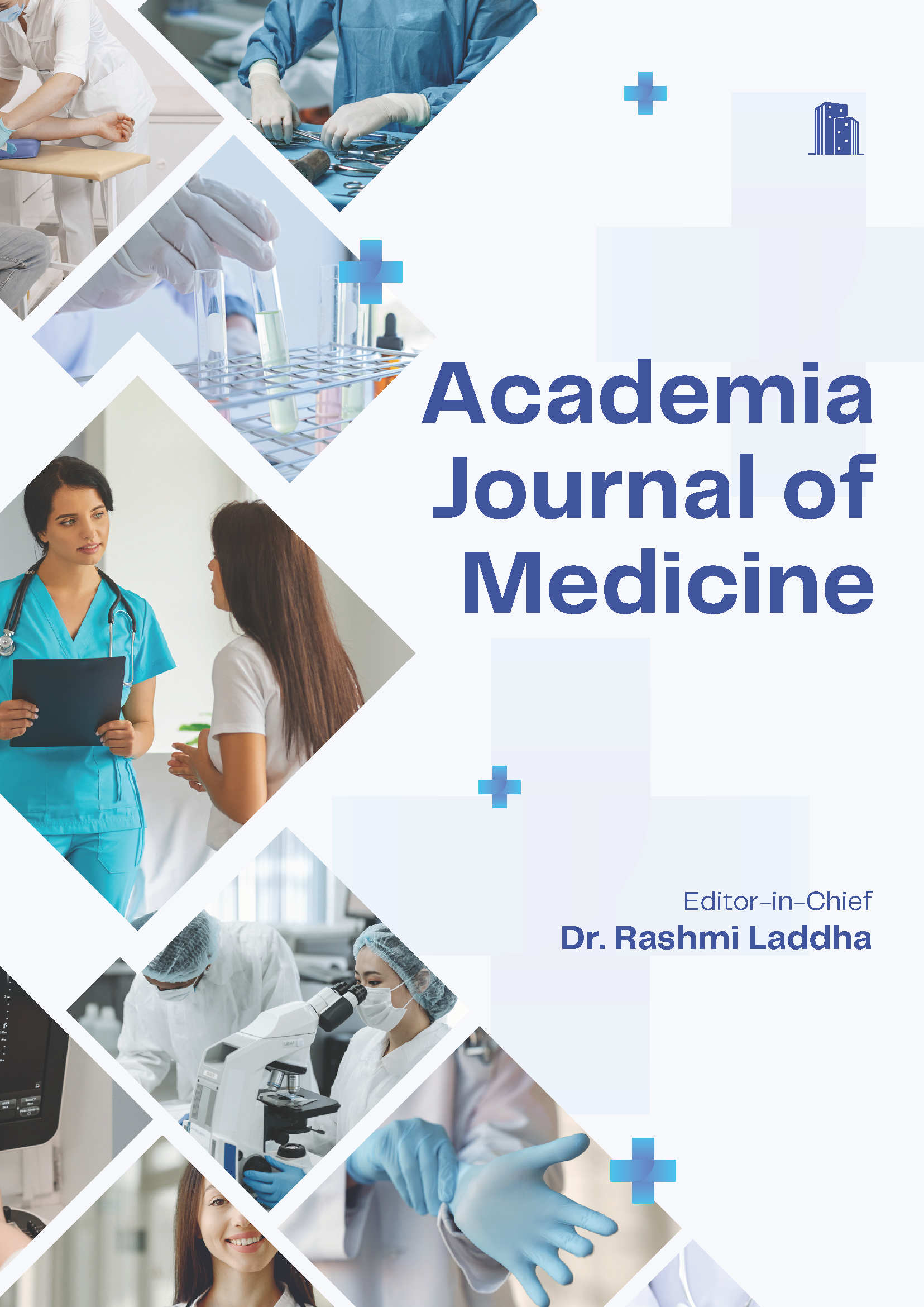A Comparative Study of Formative Assessment in Medicine Using Conventional Long Case Examination and Objective Structured Long Examination Record (OSLER) Among Final Year MBBS Students
Keywords:
Long Case Examination, OSLER, OSCEAbstract
Background: Most medical colleges in India traditionally use the Long Case Examination (LCE) in both formative and summative patterns of assessment in clinic. This age-old issue has been addressed over the years by the introduction of several modifications of the LCE such as OSCE and OSLER. OSCE, though attractive in its brevity and specificity of focus, falls short in terms of being comprehensive. This study was taken up to compare conventional LCE to OSCE and OSLER. Subjects and Methods: Final year MBBS students, posted to Department of General Medicine, HIMS, Hassan were studied for 5 months. Type of study: Prospective observational study Four examiners were selected for the formative assessment: Examiners 1 and 2 were asked to assess the students assigned to Group 1; Examiners 3 and 4 were asked to assess Group 2. The OSLER method concentrates on the following ten items: (1) pace and clarity of presentation, (2) communication process, (3) systematic approach, (4) Establishment of case facts, (5) systematic examination, (6) Examination technique, (7) Establishment of correct physical findings. Results: The mean time taken for the assessment in Group 1 was 28.22 minutes and the SD was 7.588. The mean time taken for the assessment in Group 2 was 17.09 minutes and the SD was 4.546. Conclusion: In our study, the students seem to prefer the time-tested long case examination and did score better marks with the conventional method than with OSLER.
Downloads
References
1. Sood R. Long case examination- can it be improved? Indian academy of clinical Medicine october 2011;252(2).
2. Newble DJ.The observed long case in clinical assessment. Medical Education 1991;25: 369-73
3. Gleeson F. Assessment of clinical competence using the objective structured long examination record (OSLER). Medical Teacher 1997; 19:07-14
4. Ende J. Feedback in clinical medical education. JAMA 1983;250:777- 81
5. Vleuten VD. Making the best of the ‘long case’. Lancet 1996; 347:704- 5.
6. Gleeson F. The effect of immediate feedback on clinical skill using OSLER, proceedings of the sixth Ottawa conference 1995 (Toronto, university of Toronto Bookstore custom publishing).
7. Cookson J, Crossley J, Fagan G, McKendree J, Mohsen A. A final clinical examination using a sequential design to improve cost effectivenes. Med Educ. 2011 Jul;45(7):741-7
8. Ranjan Sudan, Philip Clark, Brandon Henry, Cost and logistics for implementing the American College of Surgeons objective structured clinical examination, The American Journal of Surgery, 2015, 209, 1, 140
9. Brannick MT, Erol-Korkmaz HT, Prewett M. A systematic review of the reliability of objective structured clinical examination scores. Med Educ. 2011 Dec;45(12):1181-9
10. Auewarakul C, Downing SM, Praditsuwan R, Jaturatamrong U. Item analysis to improve reliability for an internal medicine undergraduate OSCE. Adv Health Sci Educ Theory Pract. 2005;10(2):105-13.
